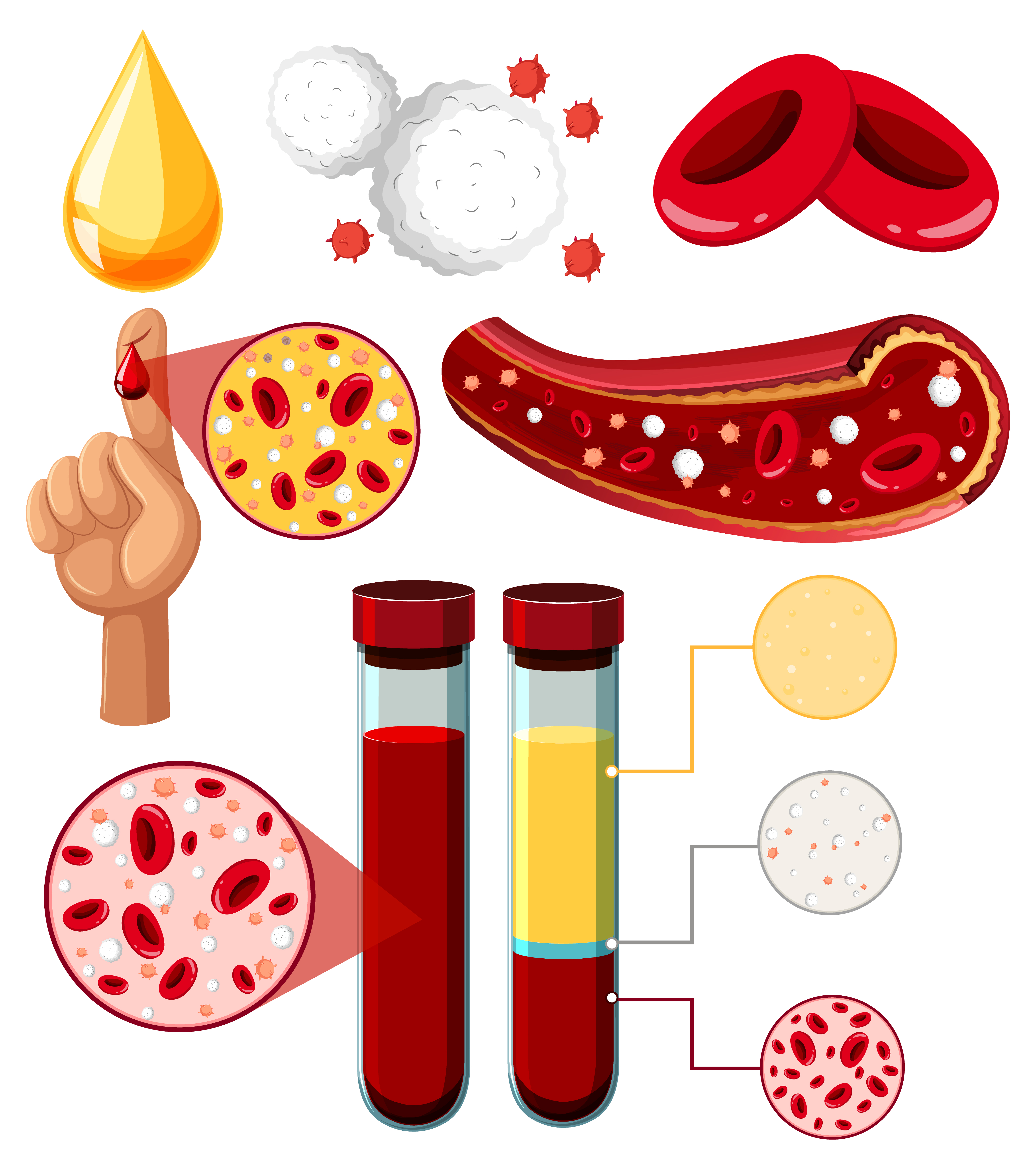
The BUN test (Blood Urea Nitrogen test) measures the amount of urea nitrogen in your blood — a waste product formed from the breakdown of dietary proteins. While low levels of urea nitrogen are considered normal, elevated levels may indicate kidney dysfunction, as the kidneys are responsible for filtering and excreting this waste.
When kidney function is impaired, urea nitrogen can accumulate in the bloodstream, leading to increased BUN levels. Persistently high BUN levels may be associated with complications such as hypertension, anaemia, and cardiovascular disease. Since kidney disease often develops silently, the BUN test plays a crucial role in early detection and monitoring.
While BUN levels alone cannot confirm kidney failure, an increase in both BUN and creatinine levels is often a strong indicator of impaired kidney function or kidney failure.
